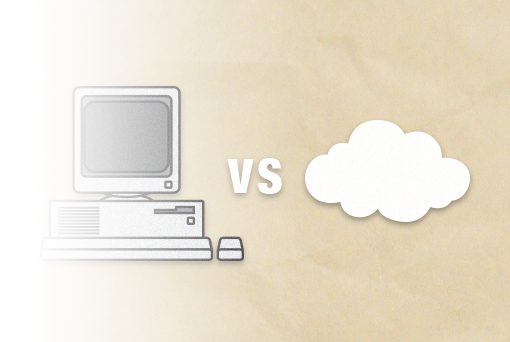Cyber week traffic spikes and how the Cloud can save your holiday
The retailing world obsessively watches big shopping days like Black Friday and Cyber Monday to see which retailers surpass goals and which companies’ infrastructures can’t hold up to the insane volume of customers going after the best deals. This year did not disappoint. A handful of major companies had some traffic trouble, in some cases leading to crashes and blackouts, including Neiman Marcus, Wal-Mart, Newegg, and the payment site PayPal. But one of the most interesting traffic stories to come out of Cyber Week was Target’s plan to tactically meter high traffic. In order to provide informative customer service while dealing with its massive digital infrastructure, Target intentionally kept people in line as they waited to check out in order to prevent its website from crashing. For better or for worse, Target knew it was going to have technical challenges, so it proactively faced them head on. But why do retailers continue to have these traffic troubles, especially when they know it is coming? Amazon’s website handled 36 percent of all combined online sales across the United States on Black Friday, with no outages. So why aren’t other retailers equipped to handle today’s shopping experiences? The reason is because many of these retailers are deploying their omnichannel strategy with legacy architecture that lacks the flexibility needed to meet the demands of today’s shopper. An on-premise, legacy system is outdated, and every minute of every day it keeps getting older. They are the grinch that stole Christmas. In this world of omnichannel demands, cloud-based architecture is key to success. The opposite of an outdated, legacy system is a Cloud-based, Software-as-a-Service solution like Kibo. Kibo’s order management system (OMS) is nimble and flexible enough to handle traffic spikes (expected and unexpected), allowing clients to capture sales and delight their customers. The Kibo platform is designed for automatic scaling, meaning the system has the ability to monitor and detect traffic issues, and the capacity to scale more instances to handle spikes in traffic. For example, if you anticipate a huge spike in traffic on days like Cyber Monday, you can quickly and easily request more instances from your OMS beforehand. Or, if you have an overwhelmingly successful (but unexpected) response to a promotion, the system will detect it and automatically ramp up capacity to handle the traffic. The opposing story to this year’s architecture challenges can be found with Cloud-based Amazon. As mentioned, the mega e-tailer handled more than a third of the combined sales on Black Friday and didn’t crash, slow down or have any delays. From Amazon’s success we learned that your prices don’t have to be the best to win the day (Amazon’s toy prices were 5.2 percent higher than Target’s prices), but what matters is your ability to be up and running for every customer during peaks. If your omnichannel solution isn’t powered by an order management system that utilizes the Cloud, then you will run into limitations. It may seem early to begin thinking about the 2016 holiday season, but it is time to make the business case for a Cloud-based order management solution in order to eliminate problems next year. Let a Cloud-based OMS deliver you peace of mind.




